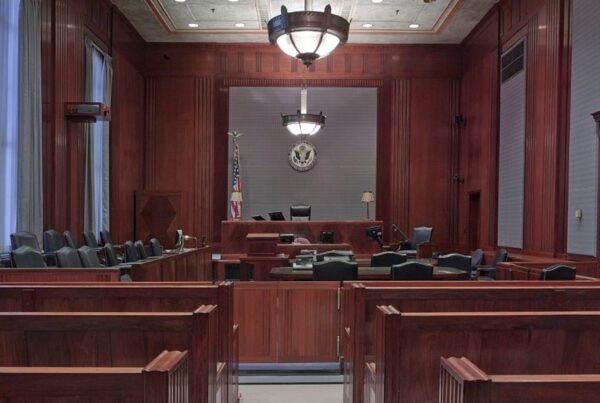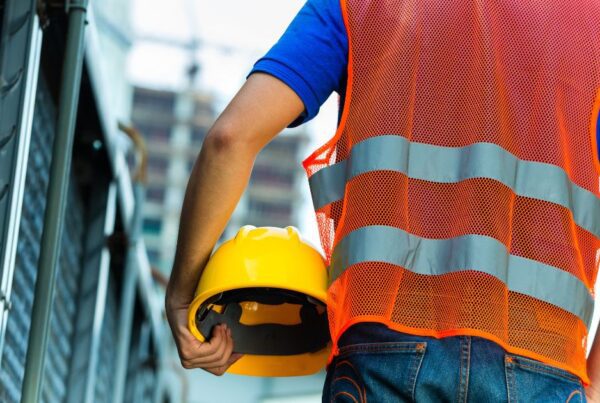 If you are a homeowner or a construction professional in Florida, it’s essential to understand the ins and outs of mechanics liens in Florida. Furthermore, mechanics liens play a crucial role in ensuring that contractors, subcontractors, and suppliers receive compensation for their work and materials. This blog post aims to provide a comprehensive overview of mechanics liens in Florida, explaining what they are, how they work, and the key considerations involved.
If you are a homeowner or a construction professional in Florida, it’s essential to understand the ins and outs of mechanics liens in Florida. Furthermore, mechanics liens play a crucial role in ensuring that contractors, subcontractors, and suppliers receive compensation for their work and materials. This blog post aims to provide a comprehensive overview of mechanics liens in Florida, explaining what they are, how they work, and the key considerations involved.
What is a Mechanics Lien?
Firstly, let’s understand the plain words. A “lien” is a legal term that essentially means the right to keep possession of property belonging to another person until the debt owed by that person is discharged (paid). Though it is arcanely named “mechanics” lien, it doesn’t apply only to “mechanics” but to any laborer, for example in the construction industry.
Therefore, “mechanics liens” is a legal claim against a property for unpaid construction or improvement work on things or real estate. Contractors, subcontractors, and material suppliers can seek payment for their services by placing a lien on the property where they performed the work. In addition, mechanics liens serve to ensure that those who contribute to the construction or improvement of a property are not left unpaid. Mechanics liens in Florida are regulated under Chapter 713 of the Florida Statutes. In this article, we’ll focus on liens connected to construction work, though similar requirements apply to other types of liens.
Key Components of a Mechanics Lien in Florida:
Notice to Owner (NTO): In Florida, most lien claimants are required to serve a Notice to Owner (NTO) within 45 days of commencing work. This notice informs the property owner and general contractor of your involvement in the project. Failing to provide an NTO can limit your rights to file a lien.
Lien Release and Waiver Forms: Parties involved in a construction project may be asked to sign lien release and waiver forms. These documents confirm that payment has been received, or will be received, and that the lien claimant will not pursue a lien against the property.
Claim of Lien: If payment disputes persist, the next step is to file a Claim of Lien. In Florida, this must be done within 90 days of the final furnishing of services or materials.
Foreclosure Lawsuit: To enforce the lien, the claimant may need to initiate a foreclosure lawsuit within one year of filing the Claim of Lien. Failure to do so could lead to the lien becoming invalid.
Who Can File a Mechanics Lien in Florida?
Florida law allows various parties involved in a construction project to file a mechanics lien, including:
- General contractors
- Subcontractors
- Material suppliers
- Design professionals (in certain circumstances)
- Laborers
Important Considerations
Preliminary Notices: Providing the required Notice to Owner is crucial. Failing to do so correctly and within the stipulated time frame can limit your lien rights.
Timely Filing: Meeting the deadlines for filing a Claim of Lien and initiating a foreclosure lawsuit is essential. Failing to adhere to these timelines can lead to the loss of lien rights.
Record-Keeping: Accurate record-keeping of all transactions and communications related to the project is vital. This documentation can be crucial in any payment disputes or legal proceedings.
Consult Legal Counsel: Mechanics lien laws can be complex, and the specific requirements can vary depending on the nature of the project. Seeking legal advice is highly recommended to ensure compliance and protect your rights.
Conclusion
Mechanics liens in Florida are a powerful tool for ensuring that those who contribute to construction or improvement projects receive fair compensation for their work and materials. However, navigating the complex world of mechanics liens can be challenging. Furthermore, it’s crucial for all parties involved to be aware of the requirements and deadlines, as well as to maintain clear and accurate records.
In the construction industry, understanding mechanics liens is not just a legal obligation; it’s a fundamental aspect of protecting your interests and ensuring that you receive what you’ve earned. Consulting with legal professionals who specialize in construction law can provide the guidance needed to navigate Florida’s mechanics lien process effectively.
For more information on the mechanics liens or any other construction dispute, contact one of our experienced civil trial attorneys at 305-570-2208. You can also email our lead attorney Eduardo directly at eduardo@ayalalawpa.com.
We at Ayala Law PA are passionate about helping those in legal need, so please don’t hesitate to schedule a case evaluation with us online here.
Subscribe to Our Blog
Stay informed with our latest blog posts delivered directly to your inbox. Gain valuable legal insights, tips, and advice from our seasoned attorneys.






